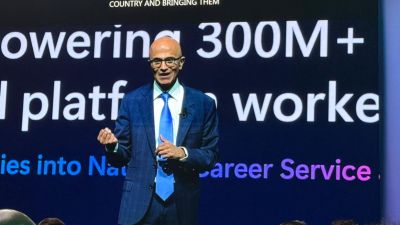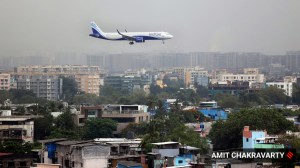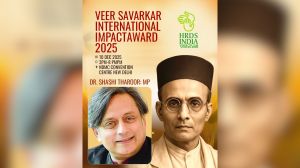Open up nuclear power sector to meet energy needs: Montek
Making a case for resorting to nuclear power generation to meet India’s growing energy needs...

Making a case for resorting to nuclear power generation to meet India’s growing energy needs, the Planning Commission has said the country needs to vigorously pursue the nuclear energy programme. The plan panel also suggested allowing entry of private sector in the field.
“If we raise nuclear power generation based on imported fuel by 30,000 MW to 40,000 MW in the next 12 years, we can achieve 6,00,000 MW nuclear power output by 2050 by using thorium technology,” Commission deputy chairman Montek Singh Ahluwalia said. He was speaking ahead of Saturday’s plan panel meeting to consider the draft Integrated Energy Policy.
As private companies have made a beeline to enter nuclear power generation sector, Ahluwalia reasoned that the government could address security concerns. However, amendments to the law would have to be made once the government decides to allow the private sector to set up nuclear plants, he said.
The plan panel meeting on integrated energy policy is significant as it comes barely 72 hours before Prime Minister Manmohan Singh’s visit to the US. Singh he is slated to meet US president George Bush and is likely to ink the Indo-US Civil Nuclear Agreement. The Prime Minister would also attend the 63rd session of UN General Assembly in New York.
Among other things, the Planning Commission meeting would discuss the possibility of augmenting power supply by increasing generation from nuclear power after a waiver is received from the Nuclear Suppliers’ Group.
Ahluwalia pointed out that, according to the policy, the government should take a comprehensive view of the entire energy sector where there is a harmonious growth of coal, petroleum and power sector. He said energy sources are normally not taxed, but there could be cases where such sources are made taxable.
He added that adjustments to soaring energy prices cannot happen overnight, but a roadmap would have to be evolved in this regard. In addition to nuclear power, he said, the policy would also lay broad guidelines for pricing of energy products like petroleum goods, electricity and coal.
After tomorrow’s deliberations, if the Integrated Energy Policy is cleared by the full Planning panel, it would be put before the Union Cabinet for its consideration, Ahluwalia said.
“The scenario can change significantly once the country starts importing uranium,” he said, adding: “India can increase generation of power to 6 lakh MW by the end of the third phase of the nuclear energy development programme.”
The architect of the policy and Commission member Kirit Parikh said the country’s known coal reserves would last only for the next 40 years, which makes it imperative for India to enter the nuclear energy sector to ensure energy supply. Ahluwalia also made a case for removing restrictions on coal mining by pointing out: “When there are no restrictions on entry of private sector in oil, why should private sector be prohibited from entering coal mining?”
Besides the members of Planning Commission, the high-level meeting would also be attended by Union energy ministers. The members of the full plan panel include finance minister P Chidambaram, agriculture minister Sharad Pawar, human resource minister Arjun Singh and railway minister Lalu Prasad. Parikh, who prepared the policy’s draft, said that by using domestic uranium, India could generate 2 lakh MW of power by 2050.
- 01
- 02
- 03
- 04
- 05































